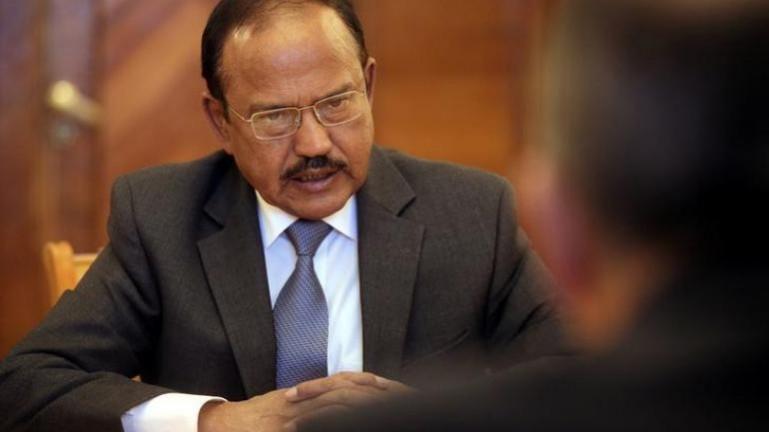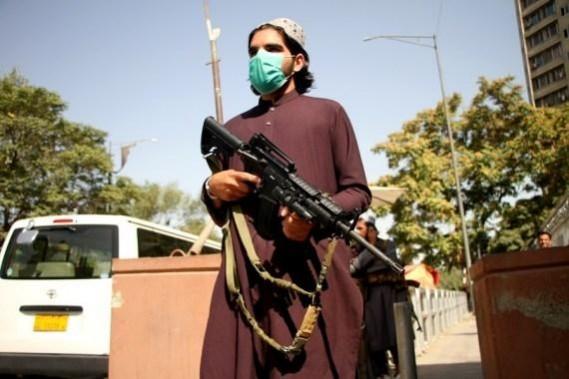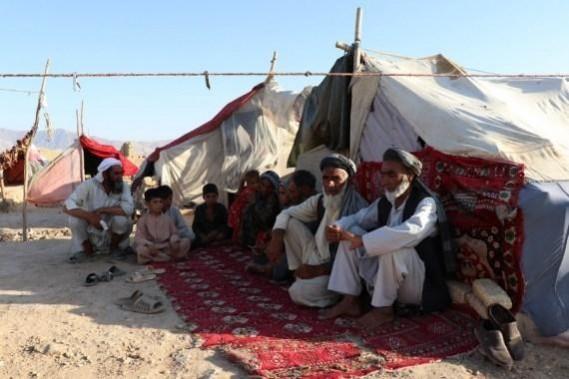Afghanistan under the rule of Taliban turned a reason for concern for many neighboring countries due to the rising terrorism threats. This concerns not just the countries sharing a border with Afghan, but the world at large, to the extent that many dialogues and discussions have been held on global level. India held the Third Regional Security Dialogue on Afghanistan in New Delhi, which saw participation from 7 Asian countries.
The security dialogue was chaired by NSA Ajit Doval while NSAs and Secretaries from the Islamic Republic of Iran, the Republic of Kazakhstan, the Kyrgyz Republic, the Russian Federation, the Republic of Tajikistan, Turkmenistan and the Republic of Uzbekistan participated to discuss the ever-changing situation in Afghanistan.

The officials of the National Security Councils focused on the security situation in Afghanistan and the global ramifications, in addition to the current political situation, terrorism, radicalisation, drug trafficking and urgent need for humanitarian assistance.
PAK instructed to stay out of Afghan affairs
Pakistan decided not to participate in the meeting to mark a protest against 'India's alleged negative role in Afghanistan' and China cited "scheduling issues" as the reason behind skipping the meeting. However, PAK ISI Chief Lt Gen Faiz Hamid has made official visits to Kabul twice and backs Sirajuddin Haqqani, who heads the terrorist network.
The Delhi Declaration released on Wednesday sent across a strong message to Pakistan to stay out of internal Afghan affairs without naming the country. The consensus was against interference from outside powers, which clearly hinted at Pakistan's nefarious designs, which include seeking strategic space in Kabul to fund terror.

Delhi Declaration on Afghanistan
In addition, all participating countries focused on the current political situation in Afghanistan and the threats from terrorism, radicalisation and drug trafficking. The countries "reaffirmed their firm commitment to combat terrorism in all its forms and manifestations, including its financing, dismantling of terrorist infrastructure and countering radicalisation, to ensure Afghanistan would never become a safe haven for global terrorism."
The Delhi Declaration also took note of the deteriorating socio-economic and humanitarian situation and called for "an open and truly inclusive government that represents the will of all of the people of Afghanistan and has representation from all sections of their society."

Further, the countries emphasised on the importance of ensuring the fundamental rights of women, children and minority communities while condemning the recent terror attacks in the country. Finally, the statement touched upon the need to help Afghanistan contain COVID-19.
The next round of Regional Security Dialogue is to be held in 2022.









